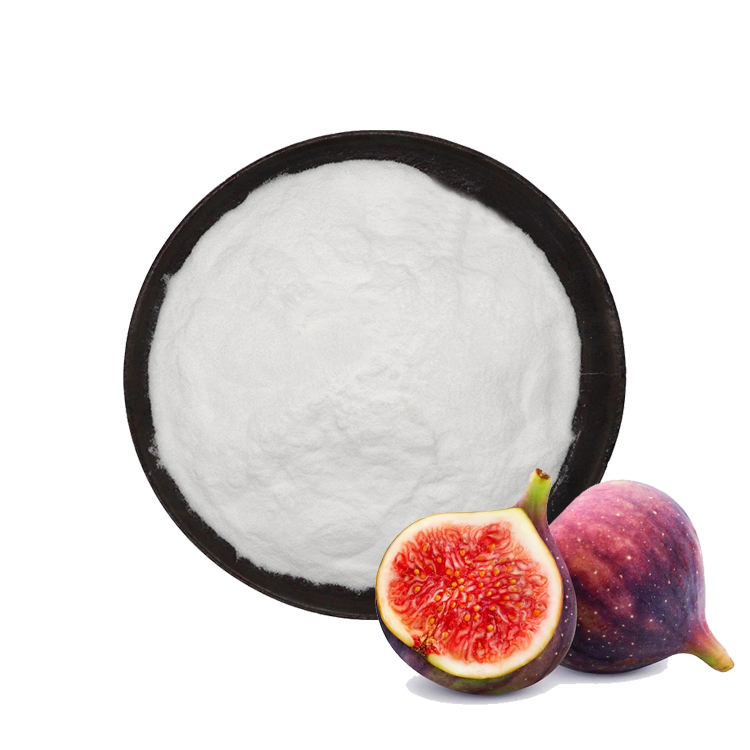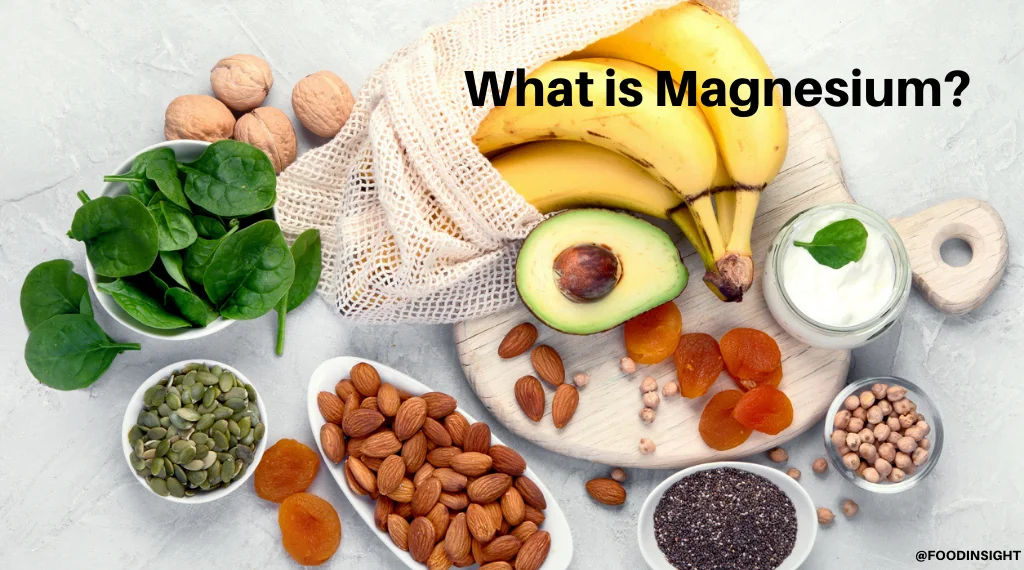
When you pick up a packaged snack, a bottle of soda, or even a loaf of bread from the grocery store, you’re likely consuming more than just the ingredients listed on the front of the package. Hidden in the fine print are mysterious-sounding additives like “xanthan gum,” “sodium benzoate,” or “monosodium glutamate (MSG).” Food additives are ubiquitous in modern diets, but what exactly are they, and should we be concerned? Let’s dive into the science, uses, and controversies surrounding these often misunderstood ingredients.
What Are Food Additives?
Food additives are substances added to food during processing to improve its safety, texture, flavor, appearance, or shelf life. They’ve been used for centuries—think salt for preservation or turmeric for color—but modern food science has expanded their role exponentially. Today, additives fall into several categories:
- Preservatives (e.g., sodium nitrate, sorbic acid): Prevent spoilage by inhibiting bacteria, mold, or yeast.
- Colorants (e.g., caramel coloring, beetroot extract): Enhance or restore visual appeal.
- Emulsifiers & Stabilizers (e.g., lecithin, carrageenan): Keep ingredients mixed and prevent separation.
- Flavor Enhancers (e.g., MSG, yeast extract): Boost taste without adding distinct flavors.
- Sweeteners (e.g., aspartame, stevia): Provide sweetness with fewer or zero calories.
- Antioxidants (e.g., vitamin E, BHA): Delay oxidation and rancidity in fats and oils.
Most additives are rigorously tested and approved by regulatory bodies like the FDA (U.S.) or EFSA (Europe). However, debates about their safety and necessity persist.
The Good: Why We Need Additives
Critics often paint additives as “chemicals” to fear, but many serve critical roles:
- Food Safety: Preservatives like calcium propionate prevent mold in bread, reducing food waste and foodborne illnesses.
- Nutrition: Additives like folic acid (in fortified grains) address dietary deficiencies.
- Convenience: Stabilizers ensure salad dressings don’t separate and ice cream stays creamy.
- Accessibility: Artificial sweeteners offer options for diabetics or calorie-conscious consumers.
Without additives, many foods would spoil quickly, look unappetizing, or lose their texture—impacting both affordability and availability.
The Controversies: Risks and Concerns
Despite their benefits, certain additives have sparked health debates:
- Allergies & Sensitivities: Sulfites (in dried fruits) can trigger asthma, while artificial dyes like Red 40 may worsen hyperactivity in some children.
- Long-Term Health Risks: Studies linking nitrates (in processed meats) to cancer or emulsifiers to gut inflammation remain inconclusive but concerning.
- “Clean Label” Demand: Consumers increasingly prefer natural alternatives, pushing companies to replace synthetic additives with ingredients like rosemary extract or spirulina.
- Regulatory Gaps: Approval standards vary globally. For example, titanium dioxide (a whitening agent) is banned in the EU but allowed in the U.S.
How to Navigate Additives Wisely
You don’t need to avoid all additives, but being informed helps:
- Read Labels: Recognize common additives and research unfamiliar ones. Apps like EWG’s Food Scores can help.
- Prioritize Whole Foods: Minimize ultra-processed foods, which often contain the most additives.
- Know Your Body: If you experience reactions (e.g., headaches after consuming MSG), seek alternatives.
- Support Transparency: Choose brands committed to “clean labels” and natural preservatives.
The Bottom Line
Food additives are neither universally harmful nor entirely benign. They’re tools—useful in moderation but warranting scrutiny. While regulators deem most additives safe, ongoing research and consumer advocacy are vital. By understanding their purpose and staying informed, we can make better choices for our health and the planet.
What’s your take on food additives? Do you actively avoid them, or do you trust regulatory guidelines? Share your thoughts in the comments!



